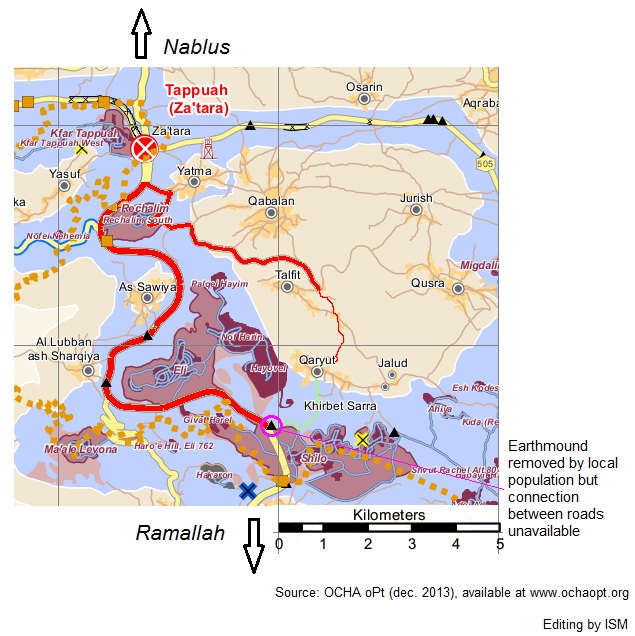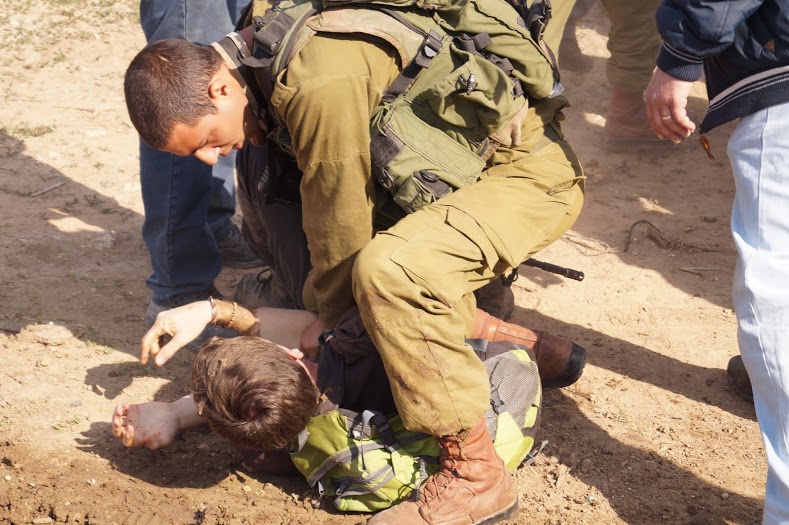Category: Press Releases
-

Village of Qaryut without reliable access to vital road
15th April 2014 | International Solidarity Movement, Nablus Team| Qaryut, Occupied Palestine The village of Qaryut, located almost halfway between Nablus and Ramallah, has been waiting for the last year to have a reliable and secure connection to Road 60. This road is essential to connect the village with the city of Ramallah, where most…
-

BDS: Bill Gates slammed over links to Israel prison torture
Addameer and Palestinian BDS National Committee Palestinian human rights organisations have criticised Bill Gates after it emerged that his charitable foundation is heavily invested in G4S, a private security company that helps Israel run prisons at which Palestinian political prisoners are held without trial and subjected to torture. In an open letter to the Bill…
-

Seven prisoners continue their hunger strikes despite increasing punitive measures
19th February 2014 | Addameer Prisoner Support and Human Rights Association | Ramallah, Occupied Palestine Seven Palestinian prisoners continue their individual hunger strikes as prison conditions worsen. This is the highest number of strikes since September 2013. Earlier this week, Addameer lawyer Samer Sama’an gained access to two of the three administrative detainees who started hunger strikes…
-
Crackdown on international human rights activists in Palestine: arrests, deportations, and abuse
31st January 2014 | International Solidarity Movement | Occupied Palestine With the arrest of two international human rights activists at Salem Military Court, in Jenin district, on Wednesday 29th January 2014, the total number of arrests of activists in the past month has risen to five, and the number of deportations to four. Arrested activists…
-
Peaceful protest ends in deportation and imprisonment
20th January 2014 | International Solidarity Movement | Occupied Palestine On Saturday 18th January during a peaceful protest in the Jordan Valley, 19-year-old Ahmad Walid Atatreh, a Palestinian activist and 24-year-old Sven W, a German activist who lives in Switzerland, were arrested and beaten after a march held in Jiftlik Adam Junction. Ahmad is a law student, studying at Al-Quds University in Jerusalem. The…

